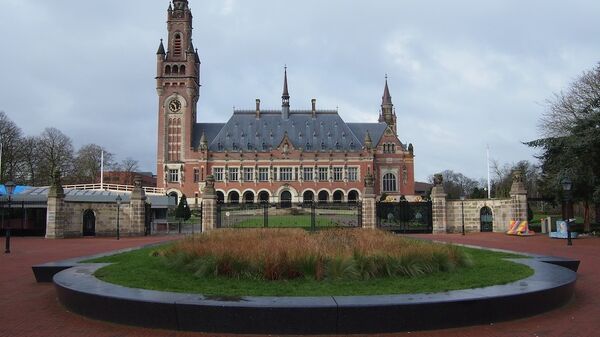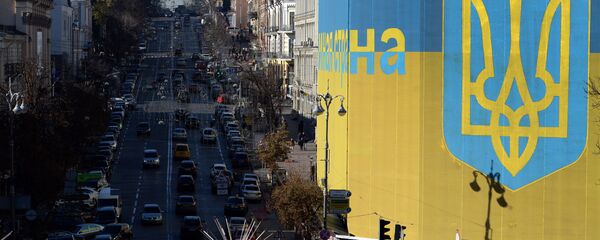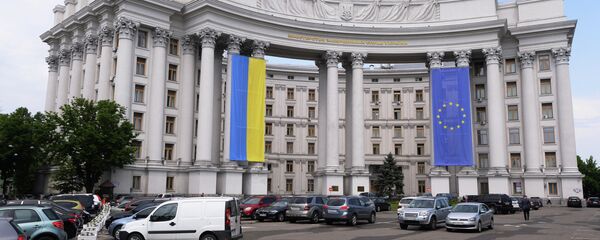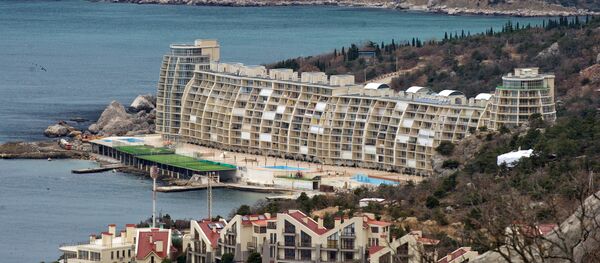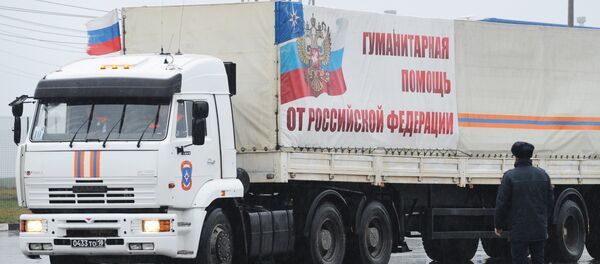Last Monday, Kiev accused Moscow of violating the International Convention for the Suppression of the Financing of Terrorism, claiming that Russia was supplying weapons and other forms of assistance to pro-independence militias in Ukraine's Donbass, and filed a suit against Russia with the International Criminal Court.
Eastern Ukraine turned into a warzone in April 2014, when Kiev sent the military to quell independence and autonomy-supporting protesters who were dissatisfied with authorities that came to power as the result of the Maidan coup d'état in February 2014. Ukrainian authorities have since repeatedly accused Russia of intervening in the conflict, but have yet to provide any substantial evidence.
Crimea broke off from Ukraine and rejoined Russia in March 2014 after holding a referendum on the peninsula's status. In accepting Crimean authorities' request to join the Russian Federation, Russian officials enshrined broad legal guarantees on the rights of the peninsula's ethnic Tatar minority.
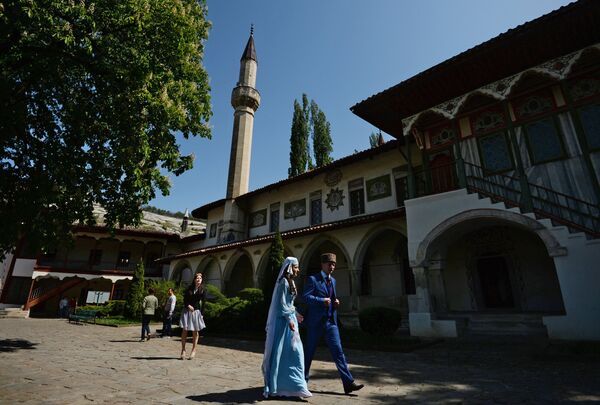
Speaking to Ukrainian television on Tuesday, Ukrainian Foreign Ministry spokeswoman Mariana Betsa clarified that Kiev was asking the ICJ to "make Russia remedy wrongs," but also make "payments of adequate compensation," the size of which would be determined at a later time.
Speaking to Russia's RIA Novosti news agency, Dmitri Danilov, the head of the department of European Security at the European Institute of the Russian Academy of Sciences, explained that Kiev will be very unlikely to receive the ruling it wants in the case filed last week, for a few simple reasons.
For starters, he said, "if the court satisfied Kiev's request, this will result in very serious consequences for international relations as a whole. Declaring that Russia is legally liable for violating international conventions would mean a certain 'point of no return' which would make it impossible for Western countries to change their policy toward Russia, since it would be marked by this legal decision."
Finally, the academic stressed that Russia itself would never accept the ICJ's decision, since it would inevitably see it as politically motivated. That would be a hit to the reputation of the court.
"All of these possible consequences…both political and legal, are so serious that the prospect of a decision in Kiev's favor appears very unlikely," Danilov said.
For his part, Yuri Bialy, vice-president of the Moscow-base Experimental Creative Center research institute, said that Kiev's main problem is that a ruling in its favor would create a precedent and threaten to undermine the existing world order.
"If we don't mention the fact that the claims themselves do not look very serious to The Hague, their gratification would open a whole tsunami of similar claims from around the world, with claims against very influential countries and with much more solid evidence," Bialy said.
For his part, Vladimir Yevseyev, deputy director of the CIS Institute, said that "if the court case in The Hague starts at all, it promises to be a long one. Russia will very likely issue a number of counter-claims against Ukraine, and it's highly likely that it will be able to produce more tangible evidence of Kiev's own violation of international agreements. The study of the two sides' accusations and counteraccusations can take a very long time."
Yevseyev also said that Kiev's timing of the legal suit was poor, given the current international situation. It would have been better for Kiev to have presented its claims a year ago, if at all, he said.
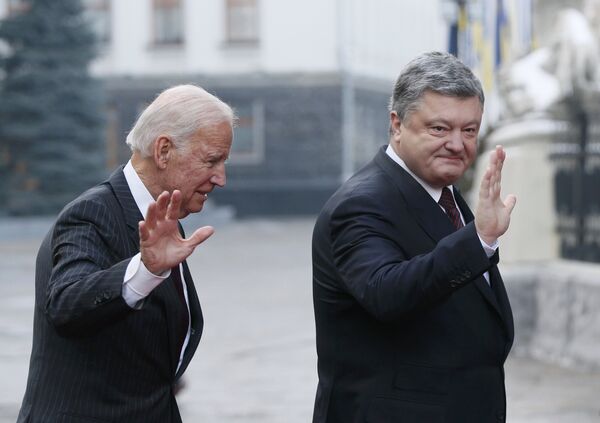
"The previous administration, which supported Kiev, has left office…Blind US support for Ukraine, and ignorance of all of its illegal actions – all of this is in the past. If this legal case, which doesn't exactly provide much evidence from the plaintiff, isn't pushed through politically, it will be impossible to win," the expert noted.
Danilov disagrees. He believes that now, facing uncertainty in its relationship with both the United States and Europe, officials in Kiev are "desperate to take any highly visible steps that might bring international attention" back unto themselves.
